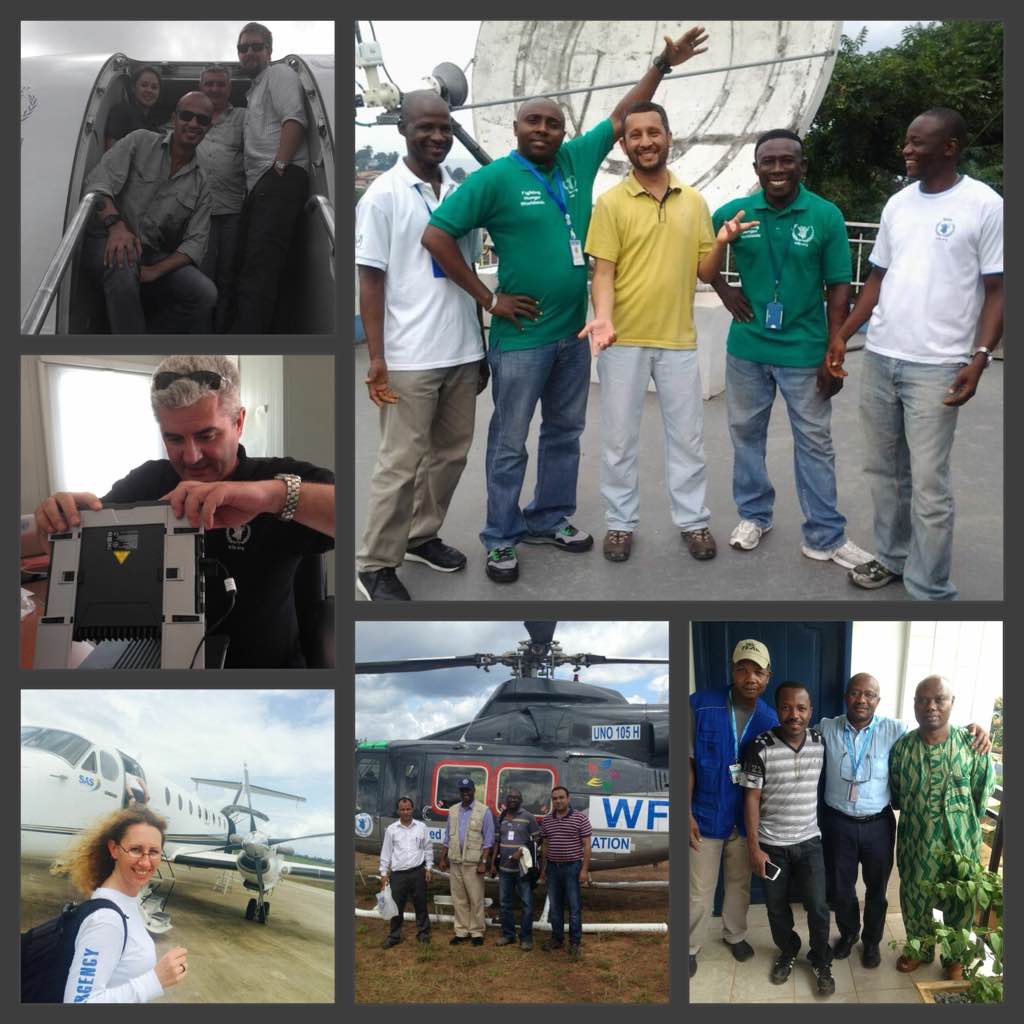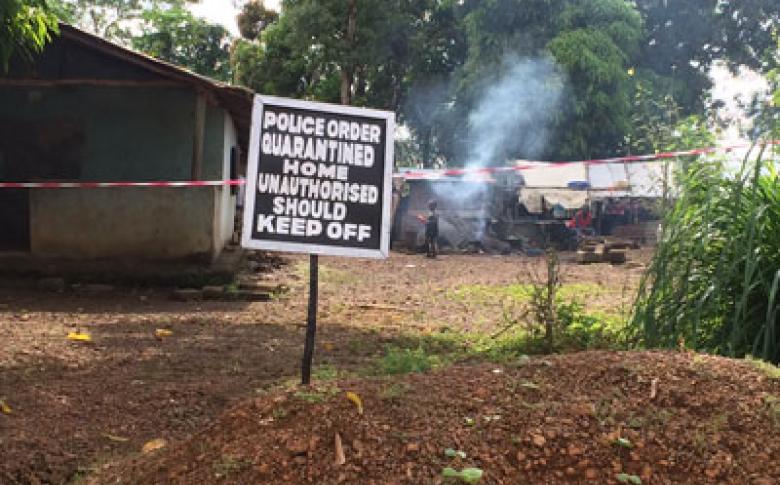
Do You Have What It Takes?

Ebola has been in Sierra Leone for 8 months, and has spread across the country in terrifying surges. Going by reports in international media, and paranoia that it creates, you would imagine Sierra Leones would have despaired. My 72 hours experience in Freetown, the capital, has been different. It is a beautiful hilly city with amazing people who, despite the reality of Ebola in their lives, have demonstrated boldness to confront Ebola head on. Ebola might seem to get out of hand sometimes, but they are resolute that they will “kick Ebola out”.
I love hearty greetings accompanied by bear hugs. Well, I had to quickly learn that the best way to express friendship to colleagues, friends or new acquaintances is by limiting bodily contact, and hence minimise the spread of Ebola. Sierra Leones are particularly friendly people, and they are at great pains not to shake visitors hands, though their smiles convey their intensions – that visitors are welcome and appreciated.
Sierra Leone needs more bold humanitarian and clinical workers, who will go against the discouraging stories peddled on social and mainstream media. This country needs people who will stand with them at their greatest time of need. Yes, there is (low) risk involved, but it is manageable especially for majority of humanitarians who do not work in Ebola treatment facilities.

I have been particularly encouraged by information technology professionals who have stepped up and deployed with the Emergency Telecommunications (ET) Cluster to offer lifesaving communications systems in Guinea, Liberia and Sierra Leone. ET Cluster teams comprise staff from UN agencies, NGOs, government agencies and stand-by partners. The commitment and courage demonstrated by these staff is laudable. Yet we need more staff capacity now, but also in the future to replace rotating staff. Do you have what it takes?
Emergency communications capability can make or break Ebola response efforts. The ability for field teams to coordinate with national coordination centres is dependent on reliable communications systems. Data collection, aggregation and analysis requires robust internet platforms that would enable Ebola response leaders make quick and informed decisions that can significantly reduce and even terminate the spread of Ebola. The ET Cluster is seeking to make a difference through providing communications systems in Ebola Treatment Units and in common humanitarian operational locations across the affected countries. We are doing this in collaboration with many partners who have got what it takes to deliver much needed services.
The people of Sierra Leone can’t wait to get rid of Ebola. Am sure they look forward to a time that they would give us hearty greetings and bear hugs. What role are you playing in helping get rid of Ebola? Do you have what it takes to make a difference?
By Eric Kiruhura, World Food Programme (WFP), deployed to Sierra Leone to support the ETC operation